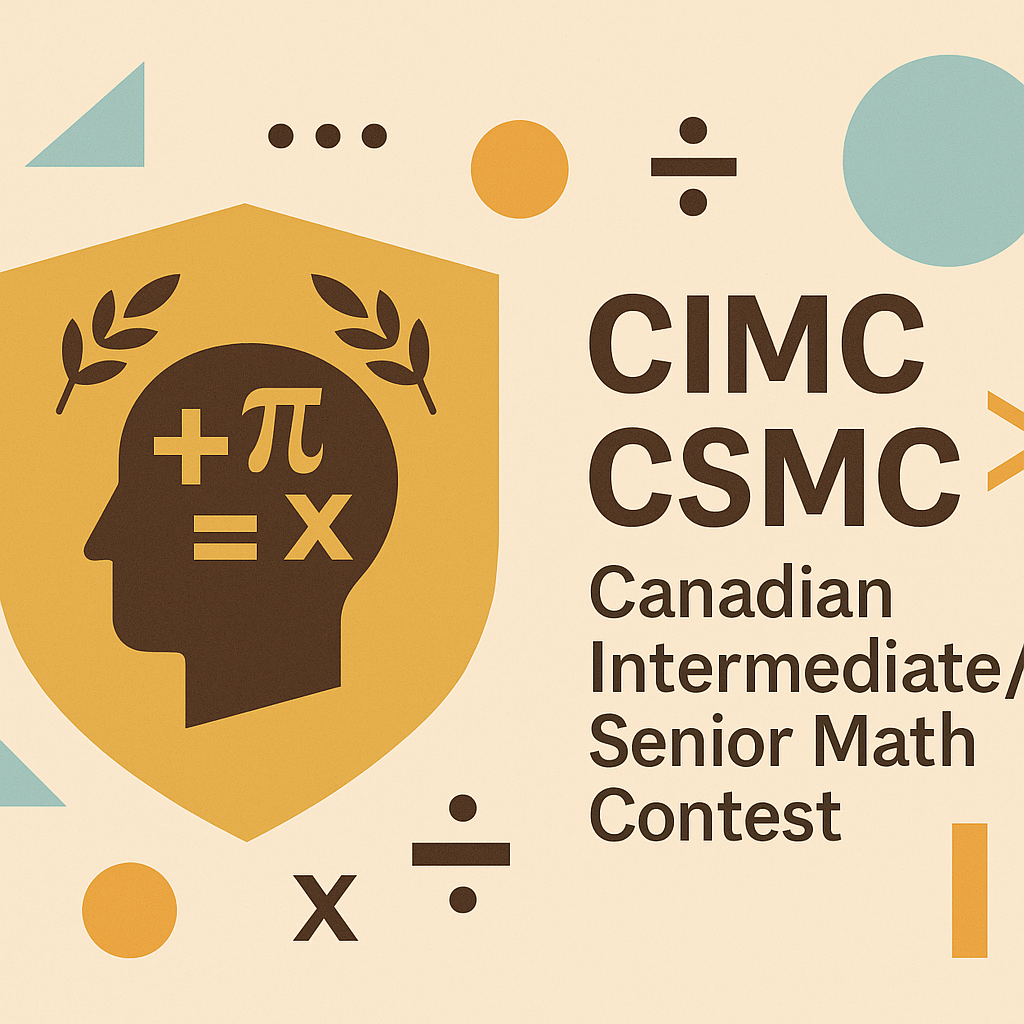
Pascal Contest (Grade 9 or below)
The Pascal Contest, run by the University of Waterloo’s CEMC, gives Grade 9 students (and below) an early taste of math beyond the classroom. With 25 multiple-choice questions, it challenges creativity and problem-solving skills.
- ➤ Acts as a foundation for higher-level contests like Cayley (Gr. 10), Fermat (Gr. 11), and Euclid (Gr. 12).
- ➤ Top-performing students receive school and CEMC recognition.
- ➤ Strong performance lays groundwork for scholarships and STEM university admissions.

